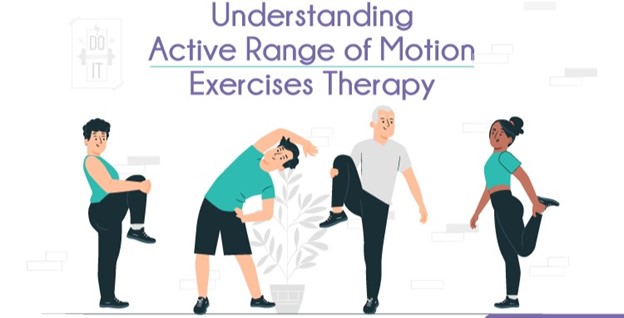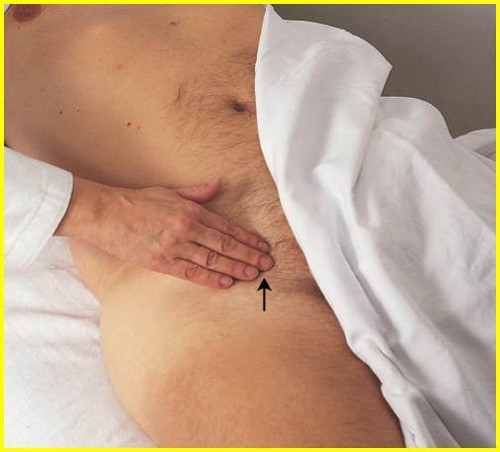A charge nurse is concerned about a recent increase in facility-acquired catheter infections.
Which of the following actions should the nurse take first?
Schedule nursing staff training for infection control procedures.
Meet with providers to discuss measures to decrease the infections
Revise the current policy for catheter care
Identify possible precipitating factors related to the infections
The Correct Answer is D
The correct first action for the charge nurse to take in response to an increase in facility-acquired catheter infections is to identify possible precipitating factors related to the infections. This is because understanding the root cause of the problem is crucial before implementing any changes or interventions. By identifying the factors contributing to the increase in infections, the nurse can then develop targeted strategies to address these specific issues.
Now, let’s discuss why the other options are not the first actions to take:
-
Schedule nursing staff training for infection control procedures: While training is important, it should be based on identified needs. Without first understanding the precipitating factors of the increased infections, the training may not address the actual issues at hand.
-
Meet with providers to discuss measures to decrease the infections: This could be a subsequent step after identifying the precipitating factors. Meeting with providers without concrete data or understanding of the problem may lead to ineffective solutions.
-
Revise the current policy for catheter care: Policy revision should be based on evidence and identified needs. It would be premature to revise policies without first understanding what factors are contributing to the increase in infections.
In summary, the first step in addressing a problem is always to understand its causes. Only then can effective solutions be developed and implemented.
Nursing Test Bank
Naxlex Comprehensive Predictor Exams
Related Questions
Correct Answer is A
Explanation

This instruction will help the client to prevent venous stasis and thrombosis, which are common postoperative complications. Range-of-motion exercises promote blood circulation and prevent muscle atrophy and contractures.
Choice B. “Use an incentive spirometer every 4 hours.” is wrong because it is not related to promoting circulation, but rather to improving lung expansion and preventing atelectasis and pneumonia. Using an incentive spirometer is also important for postoperative clients, but it does not address the question.
Choice C. “Remain on bed rest for 24 hours following the procedure.” is wrong because it is the opposite of promoting circulation.
Bed rest increases the risk of venous stasis, thrombosis, and pulmonary embolism. Postoperative clients should be encouraged to ambulate as soon as possible, unless contraindicated.
Choice D. “Place a pillow under your knees while in bed.” is wrong because it also impairs circulation and increases the risk of thrombosis.
Placing a pillow under the knees can cause pressure on the popliteal veins and reduce blood flow. Postoperative clients should avoid this position and keep their legs in a neutral or slightly elevated position.
Correct Answer is C
Explanation

This is because coarctation of the aorta is a congenital condition where the aorta is narrow, usually in the area where the ductus arteriosus inserts. This causes a decrease in blood flow to the lower body, resulting in weak or absent pulses in the femoral arteries.
The other choices are incorrect for the following reasons:
- Choice A, frequent nosebleeds, is not a typical sign of coarctation of the aorta.
Nosebleeds can be caused by many factors, such as dry air, allergies, trauma, or bleeding disorders.
- Choice B, upper extremity hypotension, is also not a common finding in coarctation of the aorta. In fact, patients with this condition may have high blood pressure in the upper extremities due to the increased resistance of the narrowed aorta.
- Choice D, increased intracranial pressure, is not directly related to coarctation of the aorta.
Increased intracranial pressure can be caused by various conditions that affect the brain, such as head injury, stroke, infection, or tumor.
Normal ranges for blood pressure and pulse vary depending on age, sex, and health status.
However, some general guidelines are:
- Blood pressure: less than 120/80 mmHg for adults; less than 95/65 mmHg for infants.
- Pulse: 60 to 100 beats per minute for adults; 100 to 160 beats per minute for infants.
Whether you are a student looking to ace your exams or a practicing nurse seeking to enhance your expertise , our nursing education contents will empower you with the confidence and competence to make a difference in the lives of patients and become a respected leader in the healthcare field.
Visit Naxlex, invest in your future and unlock endless possibilities with our unparalleled nursing education contents today
Report Wrong Answer on the Current Question
Do you disagree with the answer? If yes, what is your expected answer? Explain.
Kindly be descriptive with the issue you are facing.
